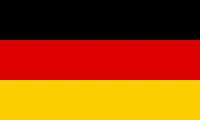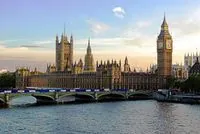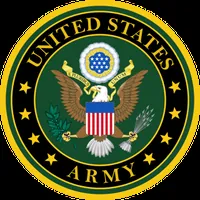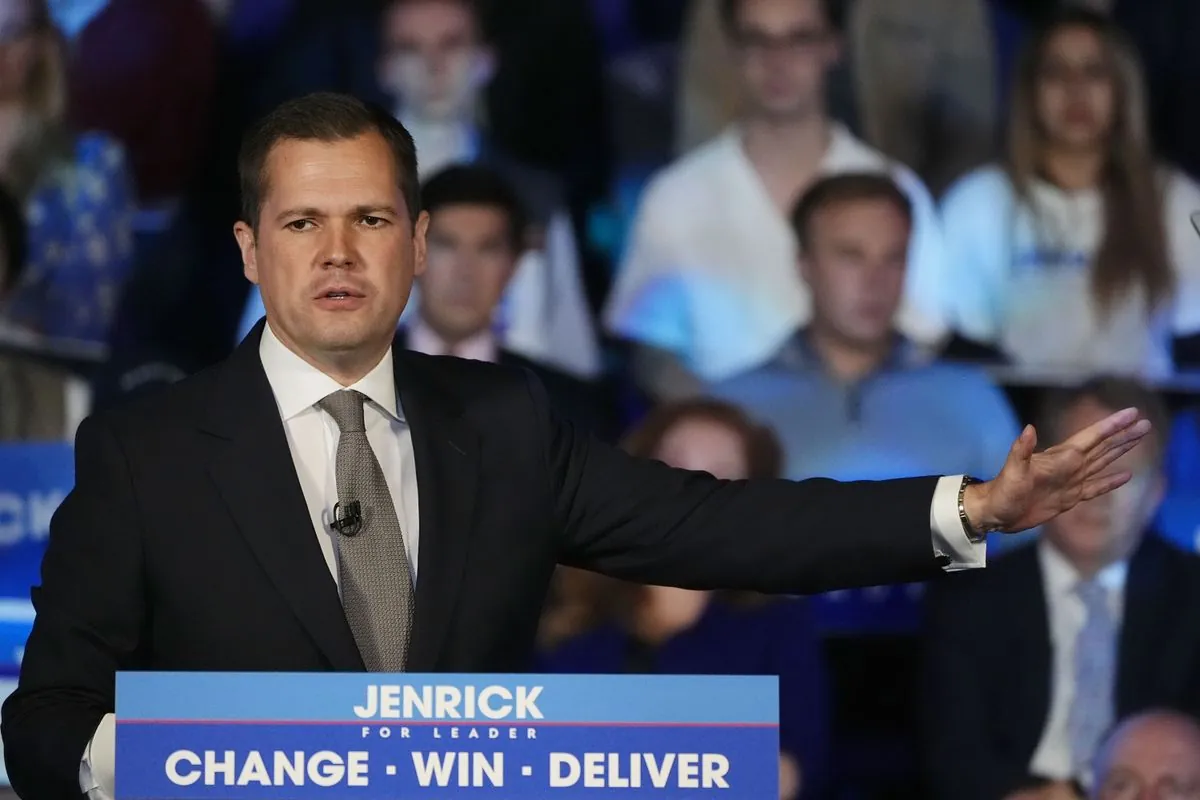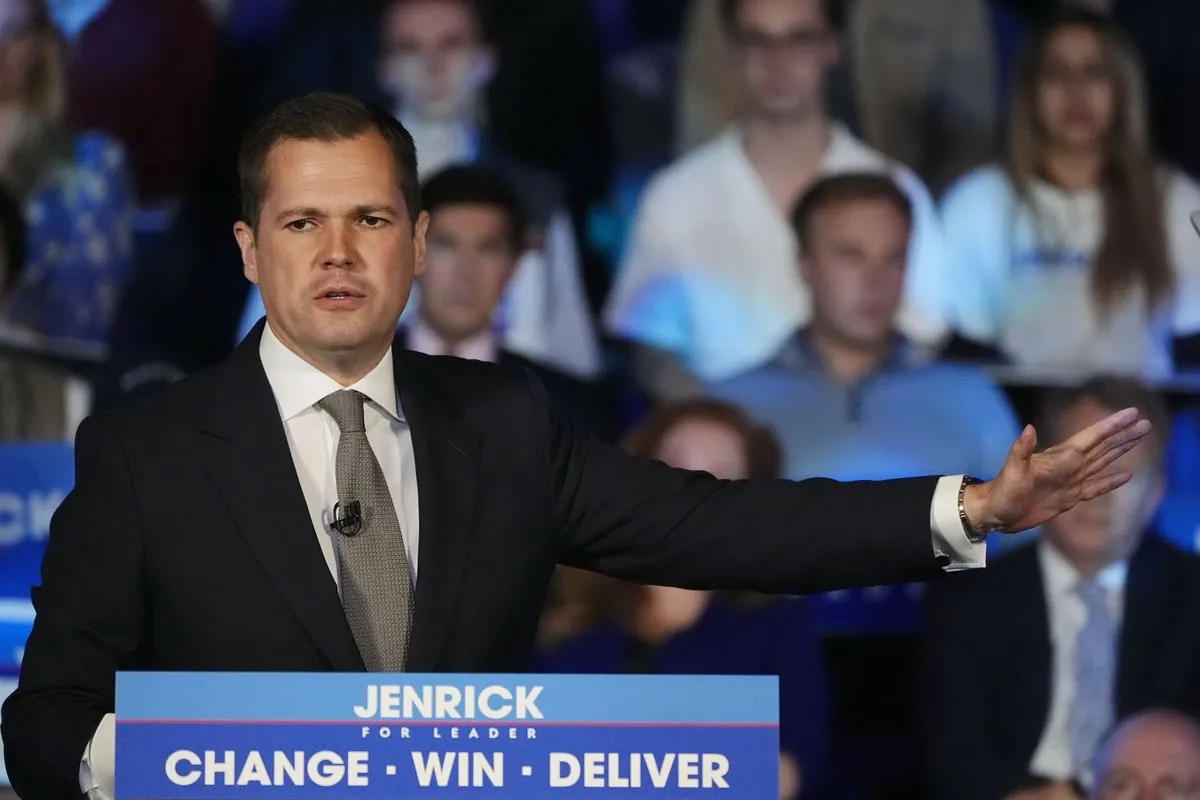Israel Strikes Hezbollah's Heart: Nasrallah Killed in Precision Attack
Israel's meticulously planned operation eliminates Hezbollah leader Hassan Nasrallah in Beirut. The strike, part of a broader campaign, marks a potential turning point in Middle Eastern geopolitics.
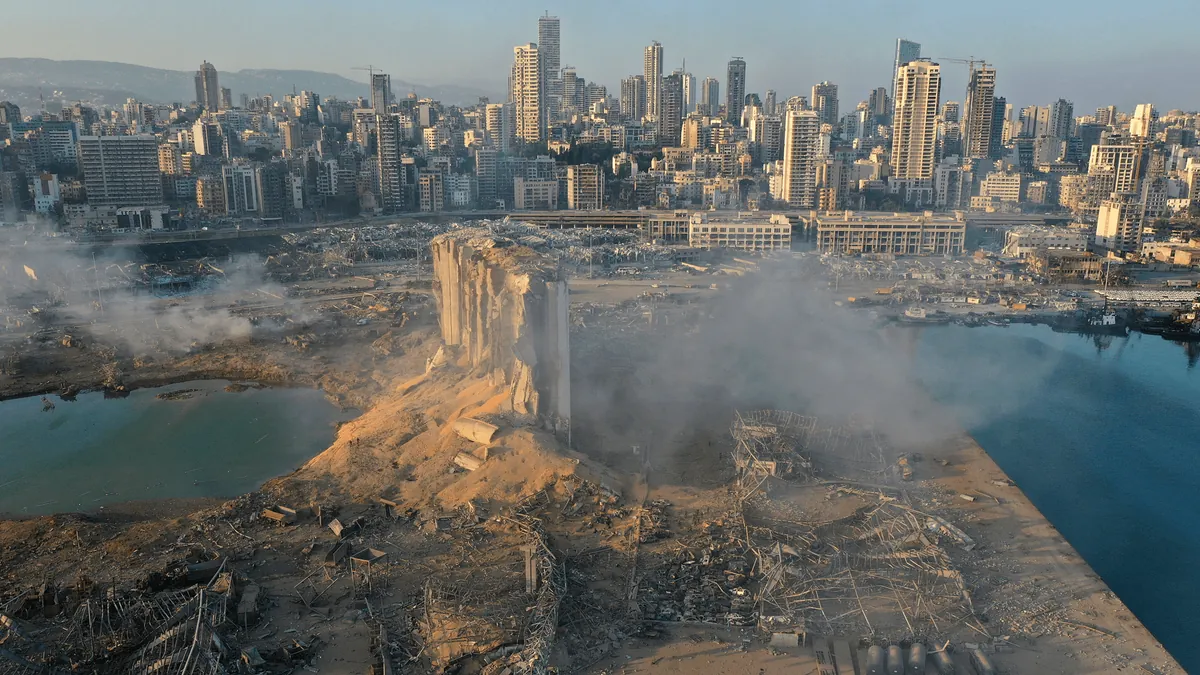
On September 27, 2024, Israel executed a precision strike on Hezbollah's secret headquarters in Beirut, resulting in the death of Hassan Nasrallah, the organization's long-standing leader. This operation marked the culmination of an 11-day military campaign against the Iran-backed group.
The attack involved over 80 bunker-busting bombs targeting a subterranean complex housing Hezbollah's command center. Israeli intelligence had meticulously tracked Nasrallah's movements for months, timing the strike to coincide with his planned relocation.
Benjamin Netanyahu, Israel's Prime Minister, authorized the operation from New York after addressing the United Nations General Assembly. The timing was strategically chosen to potentially lower Nasrallah's guard.
"We settled the score with the one responsible for the murder of countless Israelis and many citizens of other countries, including hundreds of Americans and dozens of French."
The strike also eliminated other key figures, including an Iranian Revolutionary Guard general and Ali Karaki, a senior Hezbollah commander. This operation dealt a significant blow to Hezbollah, which has been a major player in Lebanese politics and regional conflicts since its founding in 1985.

Nasrallah's death represents a potential shift in Middle Eastern dynamics. Hezbollah, with an estimated 25,000 active fighters and an arsenal of approximately 130,000 rockets and missiles, has long been considered one of the world's most powerful non-state armed groups. The organization's influence extends beyond military operations, encompassing social services, media outlets, and a complex network of charities and businesses in Lebanon.
The group's ties to Iran, which has provided significant financial and military support, may also be affected. Iran's ability to project influence through proxy militias in the region is now in question.
Nasrallah, who rose to power after Israel eliminated his predecessor in 1992, had been instrumental in shaping Hezbollah's trajectory. Under his leadership, the group fought Israeli forces to a standstill in 2006, a conflict that Nasrallah portrayed as a victory for his supporters.
The implications of this strike extend beyond Hezbollah. The organization's involvement in various regional conflicts, including the Syrian Civil War, and its alleged connections to international drug trafficking and terrorist activities, have made it a target of numerous international sanctions.
As the dust settles on this operation, the future of Hezbollah and Iran's influence in the Middle East remains uncertain. The loss of Nasrallah may prove to be a turning point in the complex geopolitical landscape of the region.



















